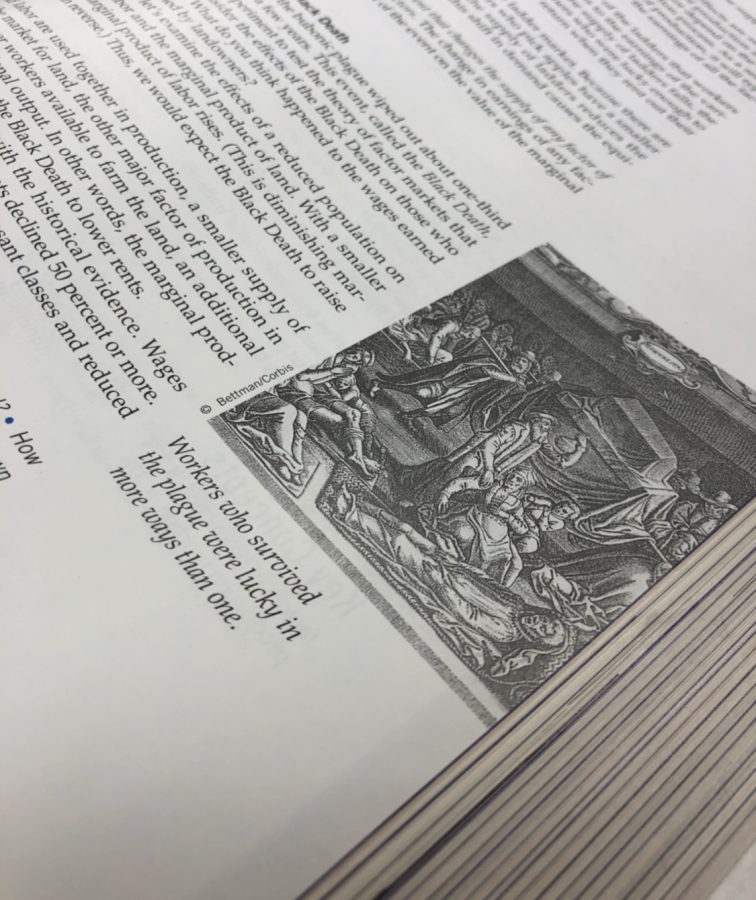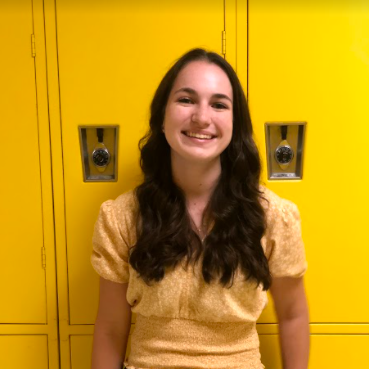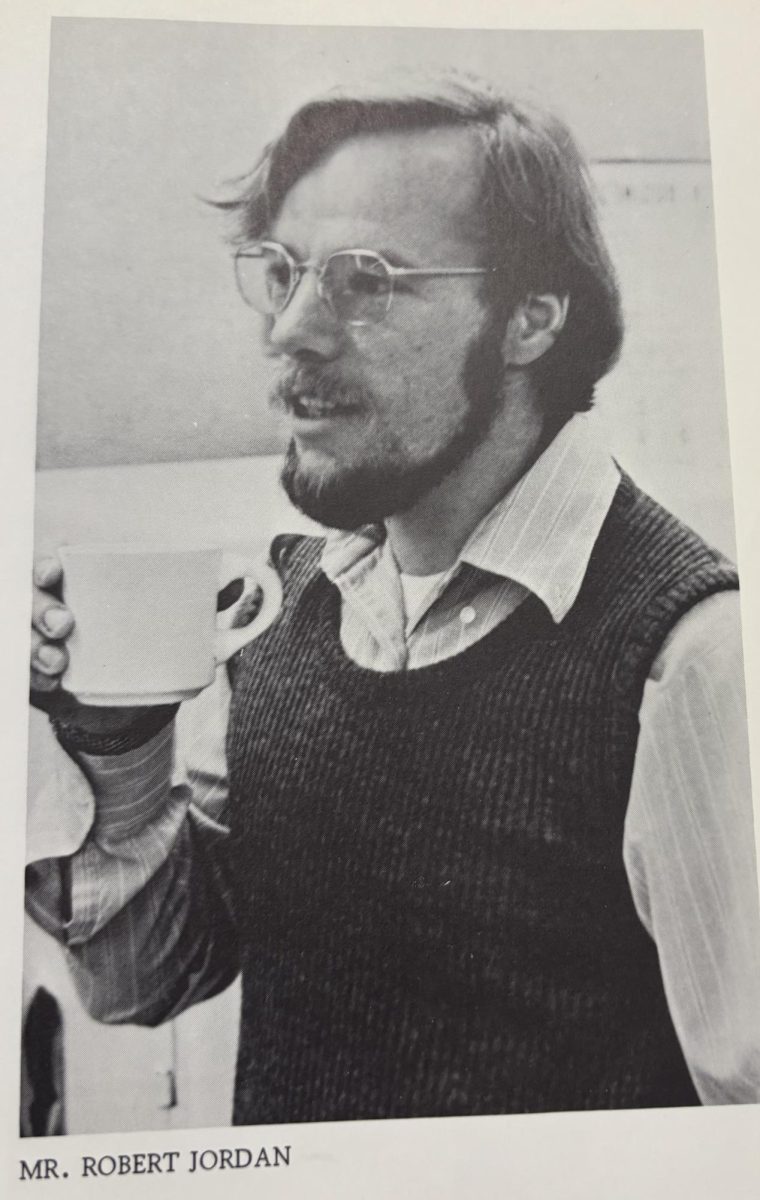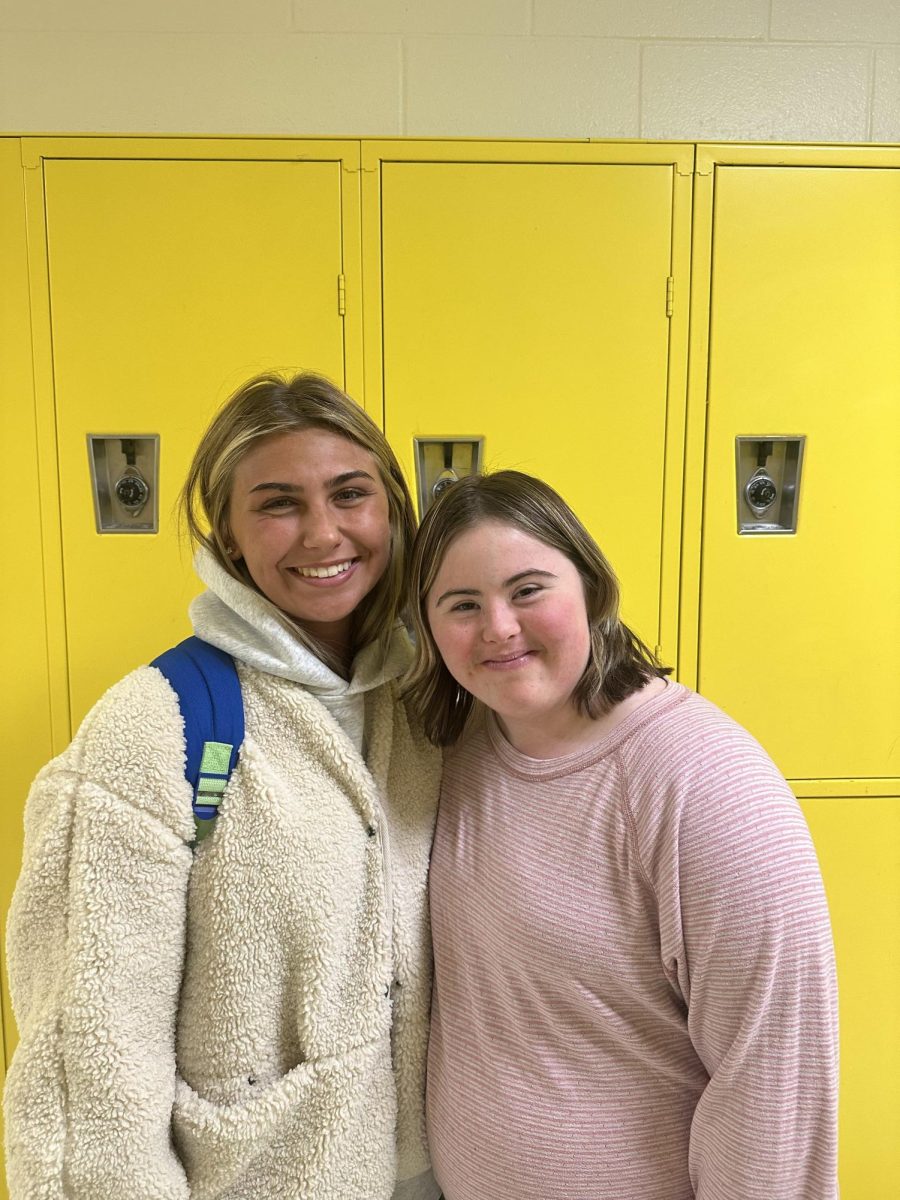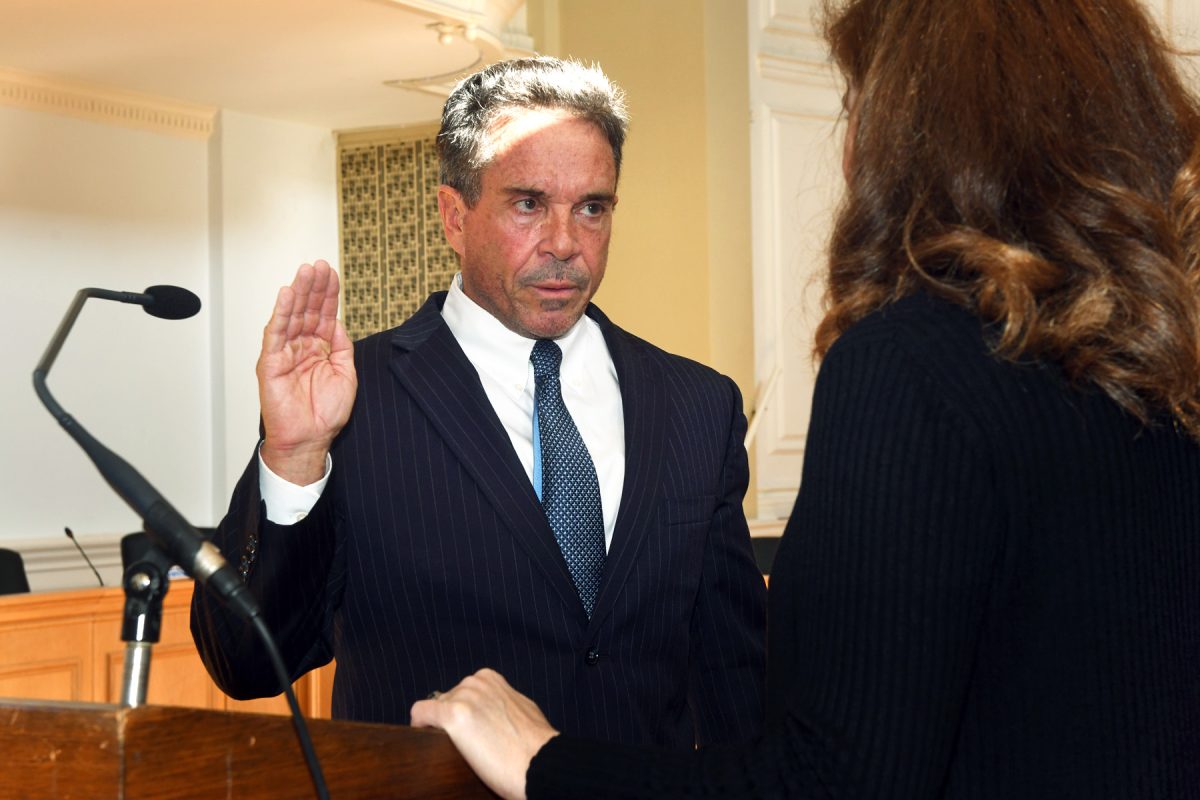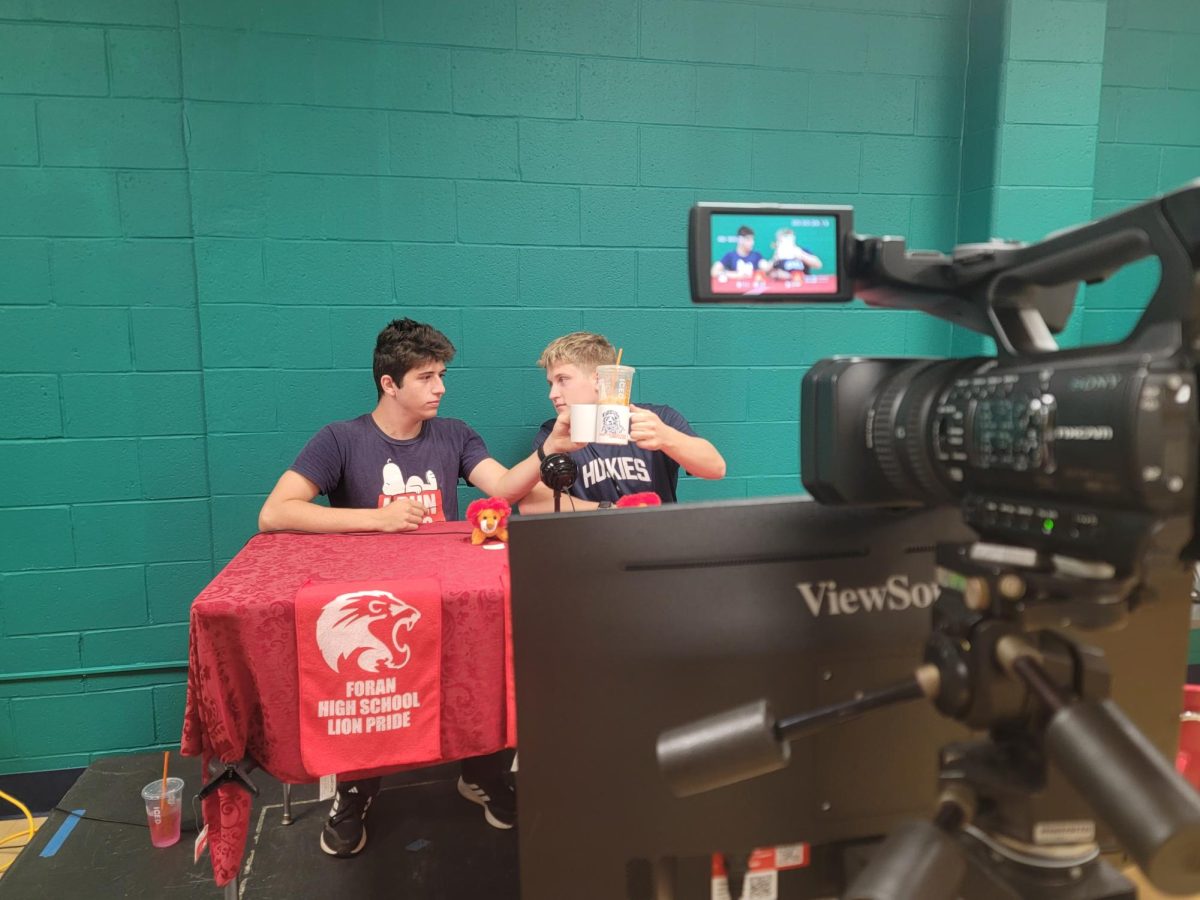History in the 21st Century
Today’s Lesson: While students are familiar with events such as the Black Plague, students will have the opportunity to learn about a wider diversity of historical milestones.
November 29, 2021
In 1492, Columbus sailed the ocean blue, and it has been taught in history classes ever since. Year to year, humanities classes remain standard, concentrating on the history of Europe and North America. However, beginning next school year, students may diversify their understanding of the past with a fresh course of study recognizing African-American and Latino history.
In December of 2020, Connecticut Governor Ned Lamont signed Public Act No. 19-12, which states that all boards of education in Connecticut are required to include an elective class that provides students with a deeper understanding of the “history, society, economy, and culture” that has been impacted by African-American and Latino people.
According to a Report from the State, Lamont says, “Increasing the diversity of what we teach is critical to providing students with a better understanding of who we are as a society and where we are going.”
The Connecticut State Board of Education unanimously approved the curriculum for the course. It includes a variety of topics split into two halves, one dedicated to Black history, the other to Latino history.
The course overview details that, “Students will examine how historical movements, legislation, and wars affected the citizenship rights of these groups and how they, both separately and together, worked to build U.S. cultural and economic wealth and create more just societies in local, national, and international contexts.”
All high schools across the state will be required to offer the course starting in the 2022-2023 school year, Foran included. Assistant Principal and former history teacher, Mrs. Bethany Gilman, is optimistic about the implementation of this new class.
Gilman states, “I think there will be many students interested in this new course. Like many of the elective offerings in the social studies department, this course is an opportunity for students to learn more about a topic and history that they may not know about already.”
The optimism is not confined to the school level alone, and that includes Mrs. Sarah Harris Breuer, the Instructional Supervisor of Humanities for Milford Public Schools.
She agrees, “Milford Schools are excited to offer this course to high school students…. Throughout this school year, we will be working together to plan for implementation at each of our high schools and will invite students to participate in this work in the Spring.”
While this course will not be a graduation requirement, educators throughout the state are hopeful that students will take advantage of the opportunity to learn more about the cultures that have shaped America today. Combined with students’ current understanding of European history, they will get a more complete picture of their history, and that of those around them.


